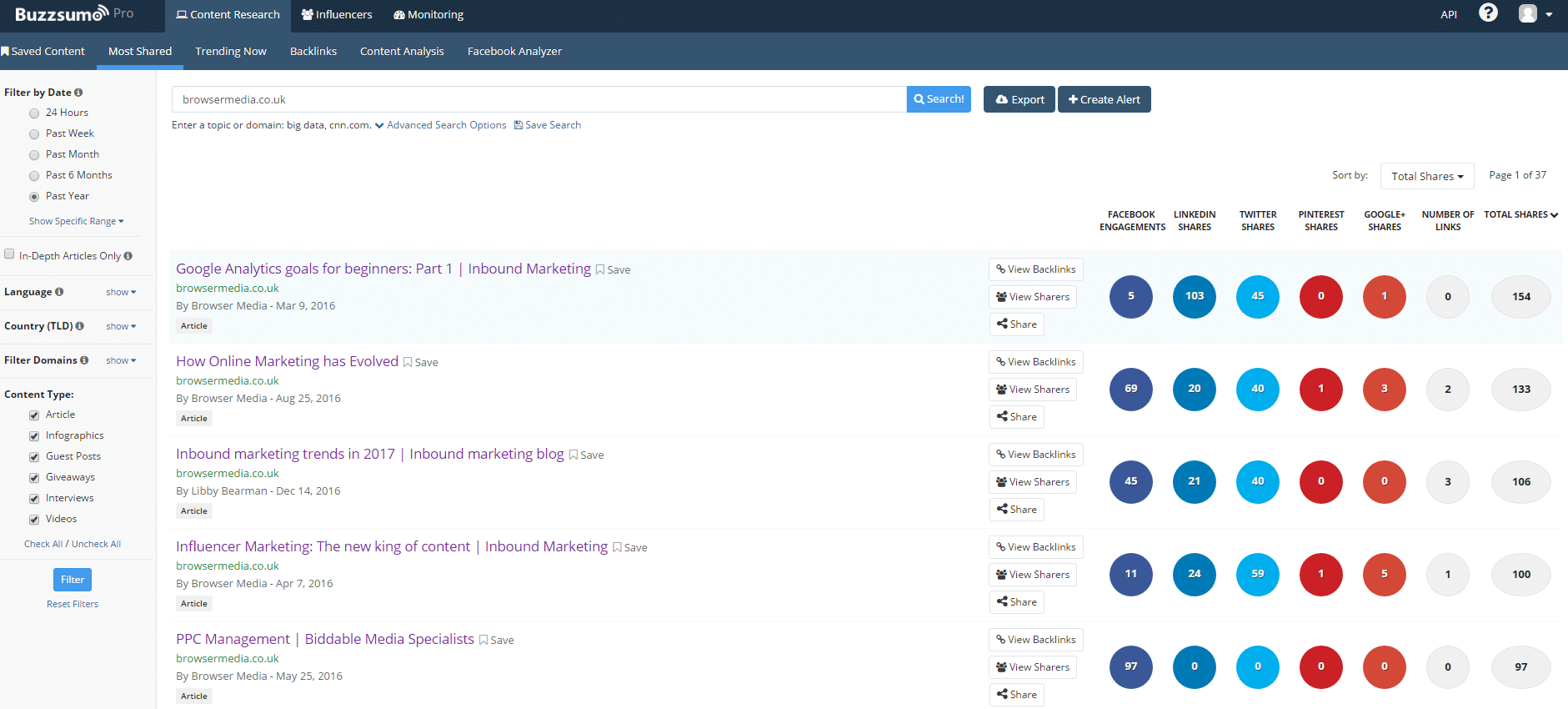Unveiling the Revolution: How AI Blog is Transforming Traditional Blogging
Contents

Introduction to the AI Blog Revolution
What is an AI Blog?
An AI Blog refers to a blog that utilizes artificial intelligence technology for various aspects of content creation and management. This can include everything from generating article ideas, writing posts, editing, optimizing for SEO, and even engaging with readers through comments or social media. The integration of AI into blogging has opened up new possibilities for both individual bloggers and large-scale publishers.
The Rise of AI in Content Creation
The rise of AI in content creation has been nothing short of meteoric. Platforms like Alibaba Cloud's Qwen are pushing boundaries by offering advanced natural language processing capabilities that can produce high-quality articles on demand. These platforms have enabled creators to generate content faster and more efficiently, sometimes without human intervention at all. As we delve deeper into this topic, it becomes clear that AI Blogs are not just a passing trend but a significant shift in how digital content is produced.
Impact on Traditional Blog Writing

Efficiency and Speed: A New Era for Bloggers
One of the most profound impacts of AI Blog technology on traditional blog writing is the dramatic increase in efficiency and speed. With AI tools, bloggers can automate repetitive tasks such as keyword research, drafting outlines, and even writing initial drafts. This allows them to focus more on strategic aspects of their blogs, such as planning and marketing. For instance, companies like HubSpot have implemented AI-driven content strategies that significantly reduce the time spent on content production, leading to a higher output volume.
Quality vs. Quantity: Does AI Compromise Content Integrity?
A common concern among critics is whether the rapid generation of content through AI Blogs compromises its quality. While AI can indeed produce a large amount of material quickly, the question of depth and originality remains. However, studies show that when used correctly, AI can maintain or even enhance content integrity. For example, IBM’s Watson has been utilized to create personalized financial advice articles that are both accurate and insightful, demonstrating that AI Blog content can be both informative and valuable.
Personalization Challenges: Can AI Understand Your Audience?

Personalization is another area where AI Blogs face challenges. Understanding the nuances of a specific audience requires a level of empathy and cultural awareness that AI may struggle to replicate. Yet, advancements in machine learning algorithms allow AI to analyze vast amounts of data about user behavior and preferences, making it possible to deliver highly targeted content. Companies like Netflix use sophisticated recommendation engines powered by AI to suggest movies and shows tailored to individual tastes, proving that AI Blog technology can understand and cater to diverse audiences.
Advantages of AI Blogs Over Traditional Blogs
Unmatched Speed and Scalability
AI Blogs offer unmatched speed and scalability, allowing for the rapid deployment of content across multiple platforms. This capability is particularly beneficial for businesses looking to expand their online presence quickly. For example, Medium, a popular blogging platform, uses AI to help writers publish and distribute their work more effectively, thereby increasing the visibility and reach of their content.
Cost-Effective Solutions for Businesses
Another advantage of AI Blog technology is cost-effectiveness. By automating parts of the content creation process, businesses can save on labor costs while maintaining or improving productivity. Tools like Jasper.ai provide affordable solutions for small to medium-sized enterprises (SMEs) to produce professional-grade content without needing a large team of writers. This democratization of content creation levels the playing field for many businesses.
Leveraging Data for Better Engagement

Leveraging data is a key strength of AI Blogs. AI can analyze reader engagement metrics in real-time, providing insights that help optimize future content. For instance, BuzzSumo tracks which types of content perform best on different social networks, helping bloggers refine their strategy. This data-driven approach ensures that AI Blog content remains relevant and engaging over time.
Disadvantages and Potential Risks
Dependency on Technology
Despite its benefits, AI Blog technology also introduces dependencies that could pose risks. Over-reliance on AI for content creation might lead to vulnerabilities if the underlying systems fail or become outdated. Moreover, there is a risk of homogenization, where too much reliance on automated processes results in less diversity in content styles and perspectives.
Ethical Concerns Surrounding AI Content
Ethical concerns surrounding AI Blog content cannot be ignored. Issues such as plagiarism, misinformation, and the potential for AI-generated content to manipulate public opinion are valid worries. Ensuring transparency and accountability in the use of AI is crucial to maintaining trust with readers and adhering to journalistic standards.
The Human Touch: Lost in Automation?
Finally, one must consider the potential loss of the human touch in AI Blog content. While AI can mimic certain aspects of human creativity, it lacks the emotional depth and personal connection that only a human writer can bring. Striking a balance between automation and authenticity will be essential for the future development of AI Blog technology.
Future Trends: Where Are We Heading?
Integration of AI with Human Creativity
Looking ahead, the integration of AI with human creativity promises exciting opportunities for AI Blogs. Collaborative workflows where AI assists rather than replaces human writers can result in innovative and high-quality content. For example, Grammarly combines AI grammar checking with user input to improve writing accuracy and style.
Evolving Standards in SEO and Content Marketing
Evolving standards in SEO and content marketing will also shape the future of AI Blog technology. As search engines become more sophisticated, the need for AI to adapt and generate content that aligns with these changes will be critical. Google’s BERT update highlights the importance of understanding context and meaning in content, areas where AI continues to advance.
Preparing for the Next Wave of Innovation
Preparing for the next wave of innovation involves staying informed about emerging trends and technologies in AI. Continuous learning and adaptation will ensure that AI Blog creators remain competitive and relevant in the fast-paced digital landscape.
Conclusion: Embracing Change in the Blogging Industry

In conclusion, the advent of AI Blog technology marks a transformative era for the blogging industry. While challenges exist, the potential benefits—such as increased efficiency, cost savings, and enhanced engagement—make it a powerful tool for modern content creators. Embracing change and finding the right balance between AI and human creativity will be key to navigating this evolving space successfully. As we move forward, the role of AI Blog in shaping the future of digital content is undeniable.

